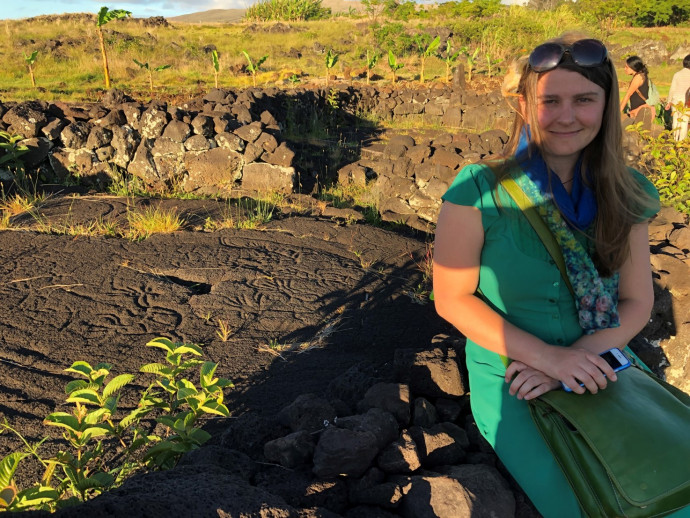Study into whether ancient malaria led to genetic predisposition to diabetes, gout in Pacific populations

Professor Tony Merriman, Professor Lisa Matisoo-Smith, Dr Anna Gosling of University of Otago, Associate Professor Frank Camacho of University of Guam, Dr Paul Pumuye of the University of Papua New Guinea and their team of researchers have won an inaugural Marsden Fund Council Award to investigate genetic predisposition to metabolic disease among Pacific populations
The Pacific region is home to diverse populations with complex histories. Despite this diversity, Pacific populations share high rates of metabolic disease including type 2 diabetes, obesity, gout, heart and kidney diseases. Evidence of metabolic disease has been identified in the skeletal remains of the earliest inhabitants across remote Oceania, including among the earliest arrivals to Aotearoa. This, teamed with evidence from genetic studies undertaken here, indicates that Māori and other Polynesian populations likely have an inherent genetic predisposition to metabolic disease.

Professor Tony Merriman. Photo: supplied
The aim of this project is to understand when and why this predisposition evolved, and if there is a consistent pattern of metabolic disease across the diverse populations of the Pacific. A central hypothesis is that the high rate of metabolic disease evolved through genetic selection by infectious disease, in particular malaria. Infectious disease is one of the strongest evolutionary forces that has shaped the human genome and driven genetic variation. As people began to migrate around the world, they entered new environments with new pathogens. Natural selection would favour individuals who had genetic variants that made them resistant to those pathogens. The hyperuricaemic phenotype, a common factor in metabolic disease, may have evolved in Pacific ancestors as a protection against malaria.
Professor Tony Merriman and his team will test these hypotheses through the collection of new genome, biochemical and health data from a range of Pacific populations. They aim to understand how there could have been historical benefits of genetic variants that now cause disease, which will provide insight into the prevalence of metabolic disease in Pacific populations. This project has the potential to change the erroneous and stigma-producing perspective that modern metabolic disease is purely caused by a modern lifestyle.
In the news: Big Science: Are Pacific people predisposed to gout?: https://www.nzherald.co.nz/nz/news/article.cfm?c_id=1&objectid=12296476
